Women & Children's Health MSc
Gain insight and knowledge of how translation of basic science and clinical observation can lead to cutting edge research studies into new diagnostic and treatments both in the UK and in low resource settings globally.

Vice Dean (Research & Impact)
Rachel Tribe is Professor of Maternal and Perinatal Health. She trained as a physiologist (BSc Special Dual Hons Physiology and Zoology) at the University of Sheffield and gained a PhD from the University of London focusing on dietary salt intake, sodium transport, and bronchial reactivity. Subsequently, as an American Heart Association Postdoctoral Fellow she studied smooth muscle intracellular calcium regulation at the University of Maryland at Baltimore, USA. On returning to the UK, Dr Tribe became interested in pregnancy and preterm birth and now leads a multidisciplinary research group in the Dept. of Women and Children’s Health, KCL funded by the MRC, Borne Foundation, Action Medical Research, Rosetree Trust, Leona M. and Harry B. Helmsley Charitable Trust and Tommy’s charity. Professor Tribe’s research focuses on translational research related to preterm birth and other pregnancy associated conditions. Specific interests include uterine ion channel physiology, female reproductive tract innate immune system and interactions with the microbiome in pregnancy, identification of biomarkers for prediction of preterm birth and the potential of combining breastfeeding with probiotic supplementation to improve infant gut health. Professor Tribe collaborates with colleagues in the UK, USA, Australia, Canada, Kenya, The Gambia, Mozambique and India. She has a global health portfolio of studies to understand preterm birth phenotypes and prediction in different settings, leading the PRECISE Spontaneous Preterm Birth Study and is a Co-I on the PRECISE Network.
Professor Tribe was appointed as Vice Dean for Research and Impact in the Faculty of Life Sciences & Medicine in Sept 2023 and is also the Faculty Research Integrity Champion. This role has a large focus on enhancing research capacity in the faculty, supporting research staff career development and promoting a positive research culture.
Rachel Tribe has a long standing involvement in the Physiological Society (previously on Council, Chair of the Membership & Grants Committee and Diversity/Equality Lead). Other professional roles have included membership of the Preterm Clinical Study Group Executive, Royal College of Obstetrics and Gynaecology UK and PREBIC (Preterm Birth International Collaborative) and Convenor of the Annual Myometrium and Parturition Satellite meeting for the Society of Reproductive Investigation. She is also part of the management team overseeing the collaborative UK Preterm Birth Network Clinical database; this links data from high risk pregnancies in 29 centres across the UK and abroad for research purposes.
Professor Tribe teaches biomedical and medical undergraduate students and established the interdisciplinary MSc in Women and Children’s Health. Committed to supporting early career researchers, Rachel Tribe has successfully supervised and mentored many BSc, MSc, MD and PhD students in Women’s Health.

Through our mother-child cohorts, our goal is to improve outcomes for pregnant women and their children and promote health throughout the life course.

Mechanistic Studies into Pregnancy Complications and their Impact on Maternal and Child Health
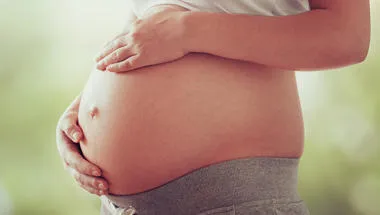
Preterm and Term Birth Group

Welcome to the Hub for Applied Bioinformatics @KCL, a place where big data are transformed into valuable knowledge that can drive scientific breakthroughs in the fields of life sciences and medicine.

Global Maternal Health
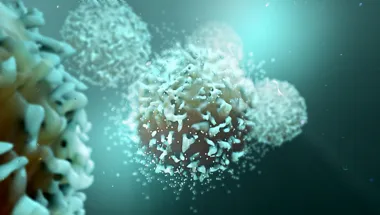
Tregs play a critical role in maintaining immune tolerance during pregnancy, and their dysfunction has been associated with pregnancy complications.
Project status: Ongoing

The PISA study will test the idea that different exposures in pregnancy may influence fetal development to increase the risk of childhood autoimmunity.
Project status: Ongoing

The CDDU ethos is to harmonise all methods used within the labs for the processing of clinical samples.

The Multiscale Biofilm Research Hub (MBRH) has been established to promote interdisciplinary interactions and focus microbial biofilm related research at King’s.

The study of dental caries, periodontitis, vaginal dysbiosis, chronic inflammatory diseases & infections within the oral cavity, intestinal tract & lungs
Project status: Ongoing
Material RNA messages from babies, mothers and placenta can predict that a baby will be born prematurely, a new study has found.
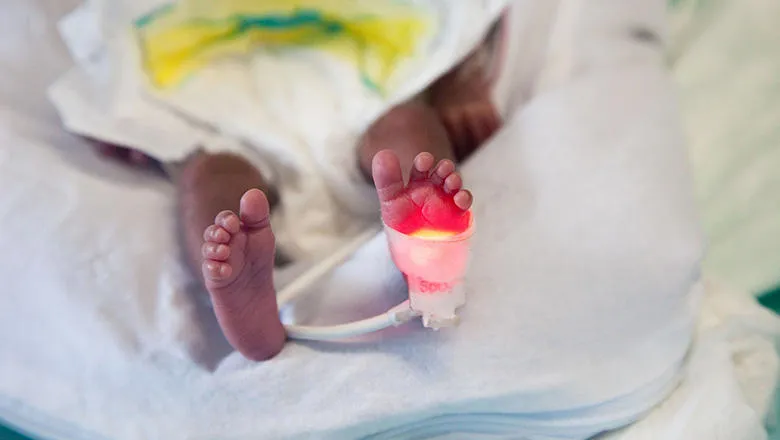
A study of pregnant women’s blood RNA has found specific molecular profiles that identify women at risk of pre-eclampsia. These insights can identify...
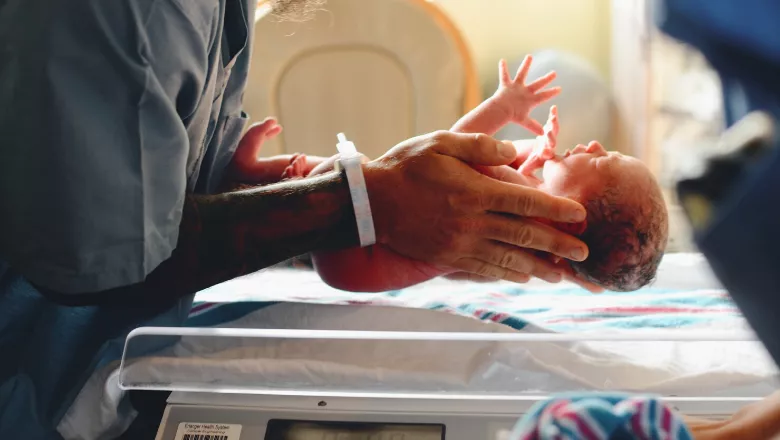
The group plans to map the uterus to understand the biological events driving the transition from pregnancy to established labour.
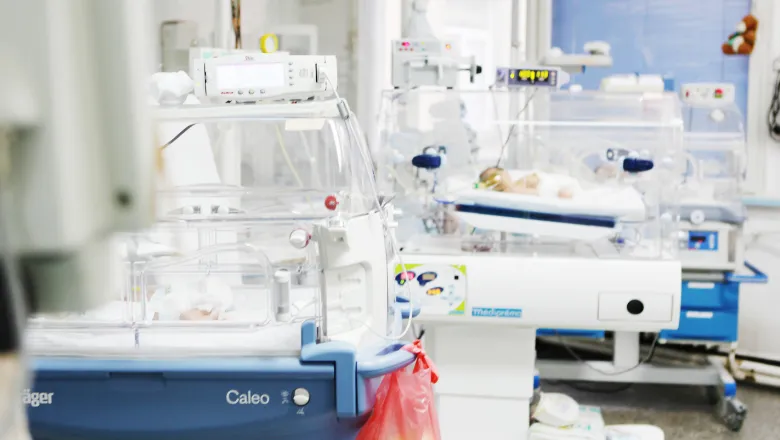
New research from King’s suggests COVID-19 infection in the mother alters the immune system of the baby in utero.
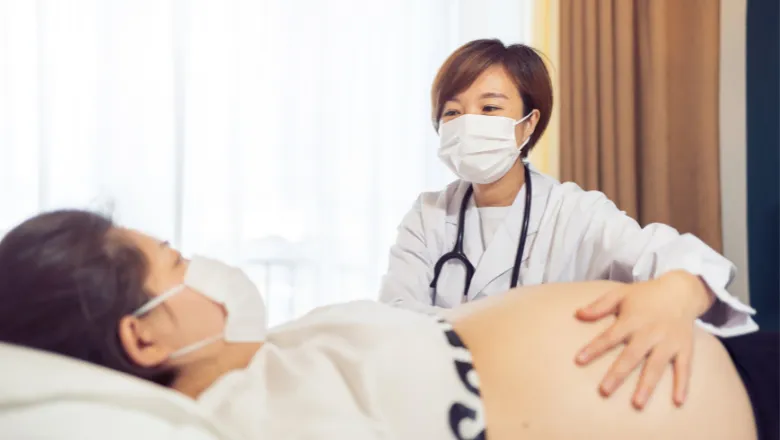
A mobile-phone app and best practice toolkit used to calculate a woman’s individual risk of preterm birth were recently launched due to COVID-19 and are now...
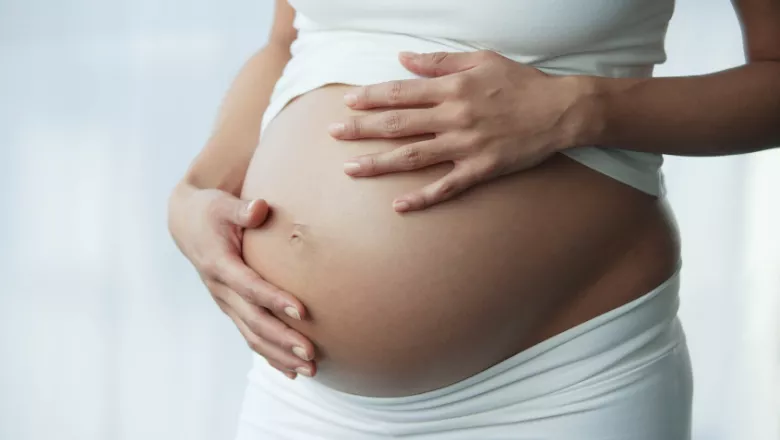
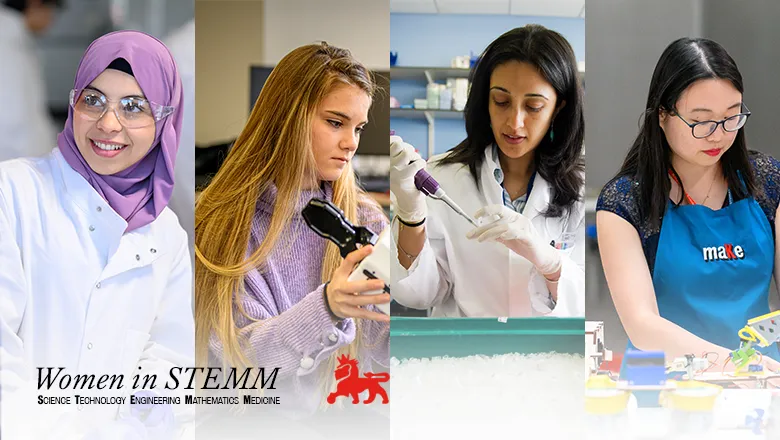
Join our Women in STEMM Season - a month-long celebration of women in science, technology, engineering, mathematics and medicine at King's.
Please note: this event has passed.
Addressing an unmet meet need for strategies to identify women and babies at risk of serious complications of pregnancy


Through our mother-child cohorts, our goal is to improve outcomes for pregnant women and their children and promote health throughout the life course.

Mechanistic Studies into Pregnancy Complications and their Impact on Maternal and Child Health

Preterm and Term Birth Group

Welcome to the Hub for Applied Bioinformatics @KCL, a place where big data are transformed into valuable knowledge that can drive scientific breakthroughs in the fields of life sciences and medicine.

Global Maternal Health

Tregs play a critical role in maintaining immune tolerance during pregnancy, and their dysfunction has been associated with pregnancy complications.
Project status: Ongoing

The PISA study will test the idea that different exposures in pregnancy may influence fetal development to increase the risk of childhood autoimmunity.
Project status: Ongoing

The CDDU ethos is to harmonise all methods used within the labs for the processing of clinical samples.

The Multiscale Biofilm Research Hub (MBRH) has been established to promote interdisciplinary interactions and focus microbial biofilm related research at King’s.

The study of dental caries, periodontitis, vaginal dysbiosis, chronic inflammatory diseases & infections within the oral cavity, intestinal tract & lungs
Project status: Ongoing
Material RNA messages from babies, mothers and placenta can predict that a baby will be born prematurely, a new study has found.

A study of pregnant women’s blood RNA has found specific molecular profiles that identify women at risk of pre-eclampsia. These insights can identify...

The group plans to map the uterus to understand the biological events driving the transition from pregnancy to established labour.

New research from King’s suggests COVID-19 infection in the mother alters the immune system of the baby in utero.

A mobile-phone app and best practice toolkit used to calculate a woman’s individual risk of preterm birth were recently launched due to COVID-19 and are now...


Join our Women in STEMM Season - a month-long celebration of women in science, technology, engineering, mathematics and medicine at King's.
Please note: this event has passed.
Addressing an unmet meet need for strategies to identify women and babies at risk of serious complications of pregnancy
